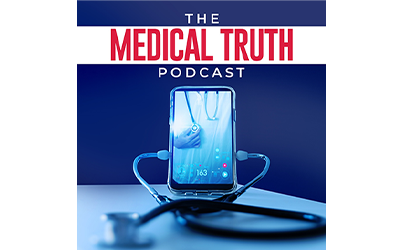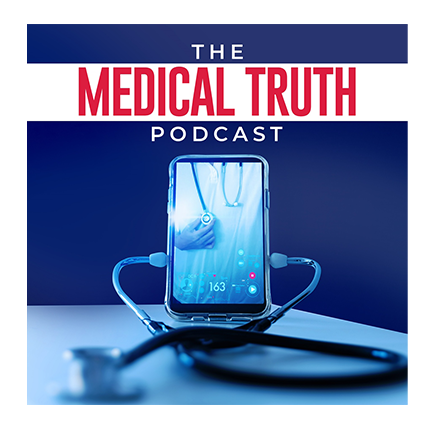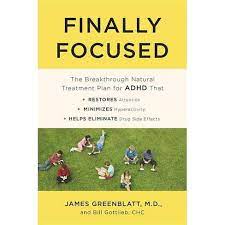Dr. James Greenblatt, a child psychiatrist and author of “Finally Focused: The Breakthrough Natural Treatment Plan for ADHD” was interviewed on the Medical Truth Podcast. Dr. Greenblatt explains that ADHD medications are amphetamines and have short-term benefits but do not trat the underlying cause of ADHD. Dr. Greenblatt advocates for an integrative approach to treating ADHD that involves looking at nutritional deficiencies and other underlying issues such as food allergies, gut problems, and genetic vulnerabilities. He states that many children with ADHD benefit from magnesium supplements and that diet and food additives such as dyes and pesticides in processed foods can also contribute to ADHD symptoms.
Dr. Greenblatt explains that this approach to treating ADHD involves an integrative medical model that looks at the underlying causes of the condition, rather than just treating the symptoms with traditional medications like stimulants. He notes that while these medications do work in relieving symptoms, they only offer temporary relief and do not address the root causes of the condition.
Instead, Dr. Greenblatt looks at a range of nutritional and metabolic interventions that can help address the underlying issues contributing to ADHD symptoms. These interventions include identifying and addressing nutritional deficiencies like magnesium and essential fatty acids found in fish oil, as well as addressing issues like food allergies, food additives, problems with the gut, and genetic vulnerabilities.
Dr. Greenblatt also discusses the role of diet and food additives in pediatric ADHD, noting that these factors can play a significant role in the condition. He emphasizes the importance of avoiding processed foods with pesticides and dyes, and instead focusing on a whole foods-based diet that includes nutrient -rich foods like fruits, vegetables, and lean proteins.
Overall, Dr. Greenblatt’s approach is focused on treating the whole person and addressing the root causes of ADHD, rather than just managing symptoms with medication. This integrative approach can offer long-term benefits for patients and help improve overall mental health outcomes







